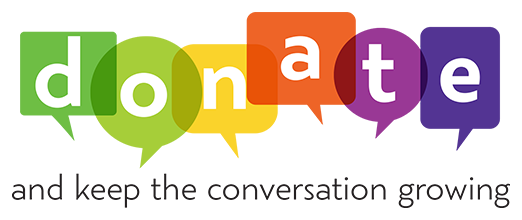
There are many arguments that opponents of school choice use to argue against legislation aimed at empowering parents to choose where and how their children are educated. But this one is one of the most bizarre that I’ve come across in quite a while.
Advertisement
In an op-ed for The Tennessean, author Jess Davis argues that the state should focus on fixing its infrastructure before allocating resources to expand its school voucher program. In the piece, she brings up how Tennessee’s infrastructure challenges have a disproportionately negative impact on rural and underserved communities that prevent them from accessing quality education.
“We’ve got more than 900 bridges in this state that are structurally deficient and countless roads that make driving a daily test of endurance,” Davis writes, also asking, “How can we talk about educational choice when we haven’t fixed the roads that take kids to school in the first place?”
“This isn’t just a rural problem — it affects all of us. When I hear people talking about expanding school vouchers, my mind immediately goes to how hard it is for families in some parts of Tennessee even to get their children to school safely.”
Davis appears to be responding to news that Tennessee state lawmakers and Gov. Bill Lee are planning a big push for school choice next year. In November, they unveiled the Education Freedom Act of 2025, which would grant 20,000 school vouchers worth $7,075 to families to pay for education costs for their children.
“What good is a voucher if you can’t get to a school or don’t have reliable internet for remote learning? Many communities across the state are still rebuilding essential roads and bridges destroyed by disasters like Hurricane Helene.”
Advertisement
The author goes on to point out that Arizona’s universal voucher program “led to a $1.4 billion budget shortfall, impacting vital state programs like education and health care.”
Employing a similar program in Tennessee “is costly and risks diverting resources from crucial infrastructure needs,” Davis argues. “Without addressing these fundamental needs, Tennessee risks further deterioration that could isolate communities and hinder educational access across the state.”
According to Davis, without reliable roads and internet service, vouchers would mostly benefit families who might already have better access to resources. “If we don’t fix these fundamental issues, vouchers will only serve those who already have access, while others are left behind,” she writes.
There are several flaws in Davis’ arguments. For starters, her points hinge on the notion that infrastructure and education are interconnected, and one cannot succeed without dealing with the other. She seems to believe that the state has to choose between fixing infrastructure and providing educational freedom to parents, which isn’t necessarily the case, especially in a state with a $22.7 billion budget.
Yes, infrastructure is essential, but this is not a zero-sum game. There is no valid reason why Tennessee can’t do both – especially if they take a DOGE-like approach to cutting wasteful and unnecessary spending. Moreover, she does not account for the possibility that allowing more options for parents could alleviate the strain on government-run schools by diversifying where students are educated.
Advertisement
The Education Freedom Act has plenty of provisions that could help struggling families as it would provide 10,000 scholarships for eligible students whose family household income is less than 300 percent of the amount required for free or reduced-price lunches. This would go a long way toward addressing economic disparities and allow children from low-income families to receive quality education.
In the end, Davis’ arguments appear to be a way to use infrastructure to delay legislation that could greatly benefit Tennessee’s children. After all, would she truly start supporting school choice after Tennessee fixes its infrastructure?
Probably not. She and others who oppose these measures would likely come up with yet another issue that must be addressed before empowering parents and students. In the end, these are weak arguments that fail to make a valid case against educational freedom. If this is the best they can come up with, proponents of school choice might have some serious victories ahead.

